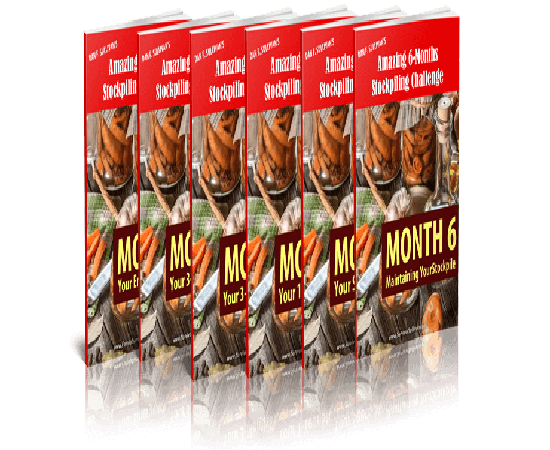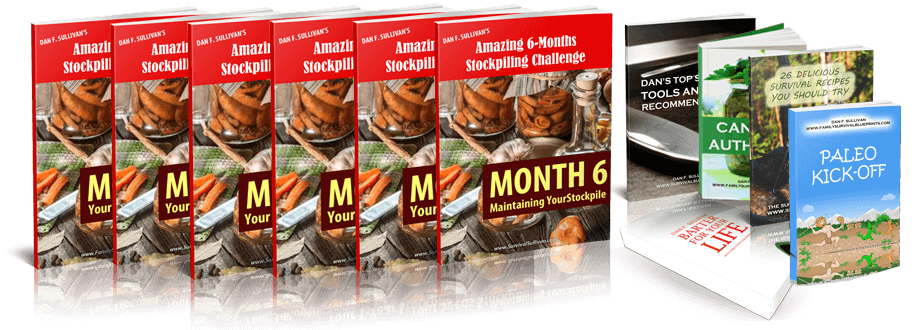Food Stockpiling: A Savvy Strategy for Uncertain Times
In today’s unpredictable world, being prepared for any eventuality is more important than ever. One way to ensure you and your family are ready for the unexpected is through food stockpiling. By building up a reserve of essential food items, you can have peace of mind knowing that you won’t go hungry in times of crisis.
The Benefits of Food Stockpiling
Stockpiling food has numerous benefits beyond just being prepared for emergencies. Here are a few reasons why you should consider starting your own food stockpile:
- Peace of mind: Knowing you have a supply of food on hand can alleviate stress and worry.
- Cost savings: Buying in bulk and when items are on sale can help you save money in the long run.
- Convenience: Having a well-stocked pantry means you always have ingredients on hand to whip up a meal, even when you can’t make it to the store.
Frequently Asked Questions About Food Stockpiling
1. How do I get started with food stockpiling?
Begin by taking inventory of your current pantry and making a list of essential items you use regularly. Start by purchasing extra quantities of non-perishable items such as canned goods, rice, pasta, and soups.
2. How much food should I stockpile?
The amount of food you should stockpile depends on your family size and storage space. Start by aiming for a two-week supply and gradually build up to a month or more.
3. What is the shelf life of stockpiled food?
Most non-perishable items have a long shelf life, but it’s important to rotate your stockpile to ensure items are used before they expire. Keep track of expiration dates and use older items first.
4. Can I stockpile fresh foods?
While fresh foods have a limited shelf life, you can stockpile certain items such as potatoes, onions, and apples in a cool, dark place. Consider freezing meats and vegetables for longer storage.
5. How can I ensure my stockpile stays organized?
Use shelving units, clear containers, and labels to keep your stockpile organized. Regularly inventory your supplies and make a note of items that need to be replenished.
Conclusion
Food stockpiling is a practical and proactive way to prepare for uncertain times. By starting your own stockpile, you can ensure that you and your loved ones have access to essential food items when you need them most. Remember, it’s always better to be over-prepared than under-prepared!


